| Dear Voornaam, Welcome to your September newsletter. I hope you and your family are well. Last week, we announced our new partnership with the National Cancer Institute (NCI) to officially launch Cancer Grand Challenges. The new partnership brings tremendous scale to Cancer Grand Challenges and will help us attract other partners including philanthropists from around the world.
We recognise the strain COVID-19 has put on our researchers and were proud of the role you continue to play in the cancer research effort. Weve had to make difficult decisions about our future and the future of research we support, and while the pandemic has forced us to change the scale of our work in the coming years, our ambition remains the same. We must plan for regrowth and Cancer Grand Challenges will play an important part in our strategy to regain momentum.
Our new partnership will leverage 175m from NCI and we've committed to raising a further 120m over the next three rounds of the initiative. We believe Cancer Grand Challenges will continue to attract partners and philanthropic support from people motivated by its global science approach and focus on excellence. The new round will launch in October, funding up to four international, multidisciplinary teams to receive up to 20m to take on one of the new set of challenges. Earlier in the summer, we recommitted to confront racial discrimination in our research activities, one of which was to start a dialogue with our researchers to understand the different barriers and issues they face and hear their ideas for how we can do better. On Wednesday, 9 September, were hosting a free virtual panel in collaboration with Francis Crick Institutes PRISM Race Equity Staff Network to understand how CRUK can implement impactful, effective change for our Black and other minority ethnic researchers. Well hear from Dr Lynn Asante-Asare, Professor Dean A. Fennell, Dr Faith Uwaide and panel facilitator, Dr Furaha Asani. Join us as we learn and discuss how CRUK, as a funder, can promote a multi-ethnic and inclusive environment in research.
Kind regards, Iain Foulkes Executive Director, Research & Innovation Cancer Research UK |
|
|---|
|
|---|
|
|
| | | EARLY CAREER RESEARCHER, MID-CAREER RESEARCHER, CLINICIAN, ESTABLISHED INDEPENDENT RESEARCHER, NON-CLINICAL RESEARCHER, HEALTH PROFESSIONAL, INDUSTRY RESEARCHER 15 September 2020 |
|
|---|
|
|---|
|
|
| | CANCER GRAND CHALLENGES: A GLOBAL PARTNERSHIP Recent months have put international team science in the spotlight. Cancer Grand Challenges forges a new era of cancer research by providing new funding opportunities for talented teams to collaborate, irrespective of location or discipline. Four of our scientific leaders - Charles Swanton, Karen Vousden, Iain Foulkes and David Scott - share their reflections on the new opportunities that will be opened up by our partnership with NCI in the wake of COVID-19. Well reveal our new challenges to the international research community on 14 October, inviting applications with the potential to unlock radical new thinking. |
|
|---|
|
|---|
|
|
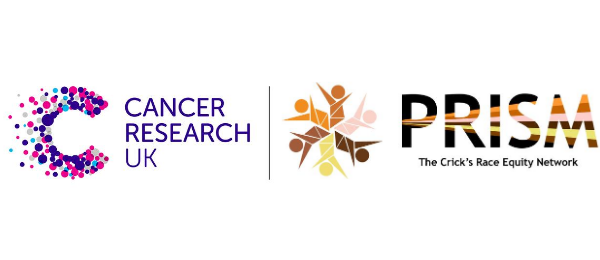 ADDRESSING RACIAL BIAS AND INEQUALITIES IN CANCER In collaboration with the Francis Crick Institutes PRISM Race Equity Staff Network, were hosting a free virtual panel discussion on 9 September at 11am to understand how CRUK can implement impactful, effective change for our Black and other minority ethnic researchers.
Speakers are: - Dr Lynn Asante-Asare (PhD graduate at CRUK Cambridge Institute, now completing medical training at the University of Leicester)
- Professor Dean A. Fennell (Chair of Thoracic Medical Oncology and Director of the Leicester Mesothelioma Research Programme)
- Dr Faith Uwadiae (Immunology Postdoctoral Researcher at the Francis Crick Institute)
Our Panel Facilitator will be Dr Furaha Asani, University of Leicester
Join us; the session is open to all, but we primarily want to hear from, and learn from, Black researchers and other ethnic minority researchers. |
|
|---|
| 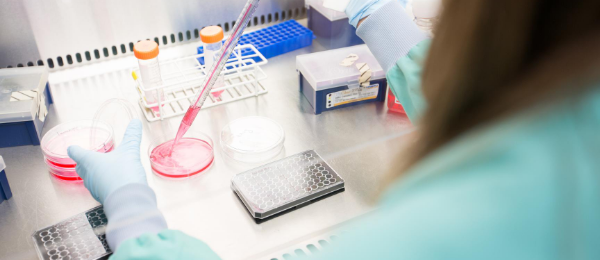 SUPPORTING PHD STUDENTS DURING THE PANDEMIC We will support PhD students whose research has been impacted by COVID-19. We've mandated that CRUK-funded students in their penultimate and final years are supported, if necessary and justified, with costed extensions of up six months. Karen Noble, Head of Research Careers at CRUK, shares that These cost extensions will ensure that students can deliver their PhD studies to completion despite the challenges and uncertainty posed by COVID-19, and aim to protect the cancer research leaders of tomorrow. Weve updated our coronavirus guidance FAQ page providing more information about the studentship extension. |
|
|---|
|
|---|
|
|
| | REGISTRATION NOW OPEN: MAP VIRTUAL CONGRESS The Molecular Analysis for Precision Oncology (MAP) Virtual Congress will take place online 910 October. Join experts in precision medicine oncology to learn more about how to integrate insights from tumour sample analysis into daily practise, how to seek and identify actionable mutations in patient DNA and how to provide the best possible personalised treatment. The programme includes world-recognised congress officers and opinion leaders discussing a range of topics, including molecular targeting, clonal evolution, epigenetics and new technologies for therapeutic targeting. |
|
|---|
|
|---|
|
|
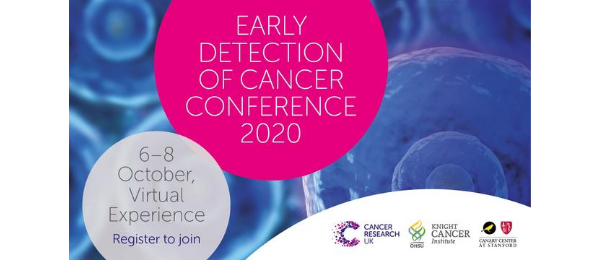 EARLY DETECTION CONFERENCE: SECURE YOUR PLACE Early bird registration for this years virtual Early Detection of Cancer conference will close on 9 September. Dont miss out on the chance to save 60 and secure your place today. The conference will bring together world experts across a range of disciplines to discuss and debate topics including the biology behind early-stage cancers, new detection and screening methods, and enhancing the accuracy and uptake of screening. We have a fantastic line-up of expert speakers confirmed including Caroline Dive (University of Manchester), Lily Peng (Google Health), Jon Emery (University of Melbourne), Matthew Lungren (Stanford University) and Hilary Robbins (International Agency for Research on Cancer). |
|
|---|
|  EARLY DETECTION WORKSHOP: FINAL WEEKS TO APPLY The deadline to apply for our next early detection sandpit workshop is fast approaching closing on 15 September. In partnership with Pancreatic Cancer UK and The Engineering and Physical Sciences Research Council, the sandpit will be exploring technological approaches for the early detection of pancreatic cancer. This years workshop will now be held as a virtual event from 29 November to 2 December. |
|
|---|
|
|---|
|
|
| | ANNUAL REPORT: HOW WE FUNDED RESEARCH IN 2019/20 Weve published our Annual Report and Accounts for 2019/20: in the past financial year we spent 455m on ongoing research activity. This includes 86m on research into the fundamental biology of cancer, and 81m on research that underpins all cancers, including our network of centres and clinical trial units. These figures were reported in a changed research funding landscape as we begin our recovery from the impact of COVID-19. As Professor Sir Leszek Borysiewicz reflects in his Chairs statement: If this pandemic has underlined one thing, it is the necessity of researchThe years ahead will bring new challenges [but] our mission to support people affected by cancer through life-changing research remains absolutely critical. |
|
|---|
|
|---|
|
|
 SUPPORTING YOU TO TRANSLATE YOUR RESEARCH In the last financial year, our commercial partnerships (CP) team have supported our researchers to learn entrepreneurial skills, file 38 patents and create two spinout companies. The team aims to maximise the translation of cancer research for patient benefit and is here to help you develop new products for patients so that we can beat cancer together. Learn more about CP, their achievements over the last year, and all the ways they can support you in this year's annual review. |
|
|---|
| 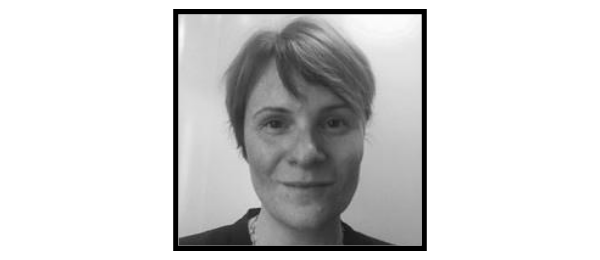 BRING YOUR PRODUCTS TO PATIENTS Learn how to take your product from bench to bedside with Dr Michelle Griffin, Clinical Innovator at The Technology Partnership (TTP). In the third seminar of the Cancer Research UK-Start Codon entrepreneurial training scheme, were covering the five key questions you should ask yourself when designing and developing your product for patients in the clinic. This training scheme aims to encourage entrepreneurship in our cancer research community. Join Dr Griffin on 17 September at 12pm to discuss product design, how to integrate your product into the clinical pathway and how to determine its clinical and economic impact. |
|
|---|
|
|---|
|
|
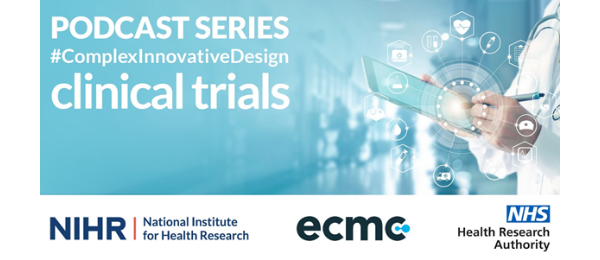 PODCAST SERIES: COMPLEX INNOVATIVE DESIGN TRIALS The ECMC Programme Office and Health Research Authority made a set of podcasts on the common questions around the management and delivery of Complex Innovative Design (CID) trials. They've curated a 'playlist' of podcasts, from NIHRs catalogue, on ECMC's webpage for those with an interest in working on or reviewing CID trials. Professor Pam Kearns (Cancer Research UK Clinical Trials Unit, Birmingham) speaks on two episodes, discussing what a CID trial is, why we should do them, and the transparency and publication of data when an arm in a CID trial closes. |
|
|---|
| 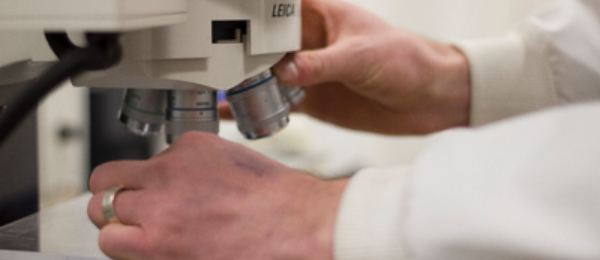 AAL DEVELOPS NEW ANTIBODY MATURATION TECHNIQUE Researchers at the Cancer Research UK-AstraZeneca Antibody Alliance Laboratory, in collaboration with teams at the University of Oxford and the University of Leicester, have generated a potential therapeutic antibody against arginase 2 (ARG2), which is implicated in various types of cancers. The findings, published recently in PNAS and in mAbs, reveal how researchers were able to generate a potent antibody designed to stop the immune evasion effects of ARG2 in cancer. In their PNAS paper, the researchers describe how they optimised the antibody using randomised PCR-based techniques and a ribosome display antibody selection platform. This enabled them to deliver a putative therapeutic lead from an antibody which had been very challenging to optimise using conventional approaches.
The hope is that in combination with chemotherapy or immunotherapy, the antibody may help target tumours that have been hiding from the immune system. |
|
|---|
|
|---|
|
|
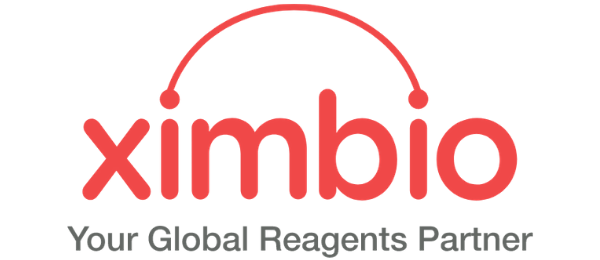 CRUK RESEARCH INTO CELL CARCINOMAS CRUK has a long history of research into cell carcinomas. Ximbio, part of our commercial partnerships team, has a portfolio of research tools including cell carcinoma reagents. Find out more about CRUKs involvement in this area and the research tools Ximbio has available for you. |
|
|---|
| 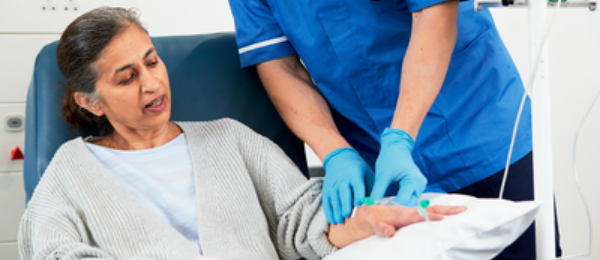 FIRST PATIENT DOSED IN PHASE IIa EXPANSION TRIAL In partnership with Bicycle Therapeutics, our Centre for Drug Development has dosed the first patient in the Phase IIa expansion portion of a Phase I/IIa trial. This trial is evaluating BT1718, a Bicycle toxin conjugate targeting key tumour antigen MT1-MMP, in patients with MT1-MMP-positive squamous non-small cell lung cancer, and a basket cohort with other MT1-MMP-positive solid tumours. |
|
|---|
|
|---|
|
|
| | | 11:00 AM 09 September 2020 |
|
|---|
|
|---|
|
|
| Been forwarded this email? Subscribe to our newsletter to stay up-to-date. |
|---|
| |
|---|
|
|
|